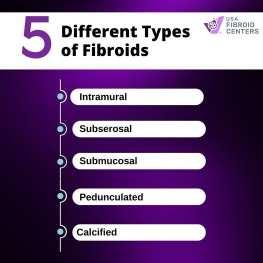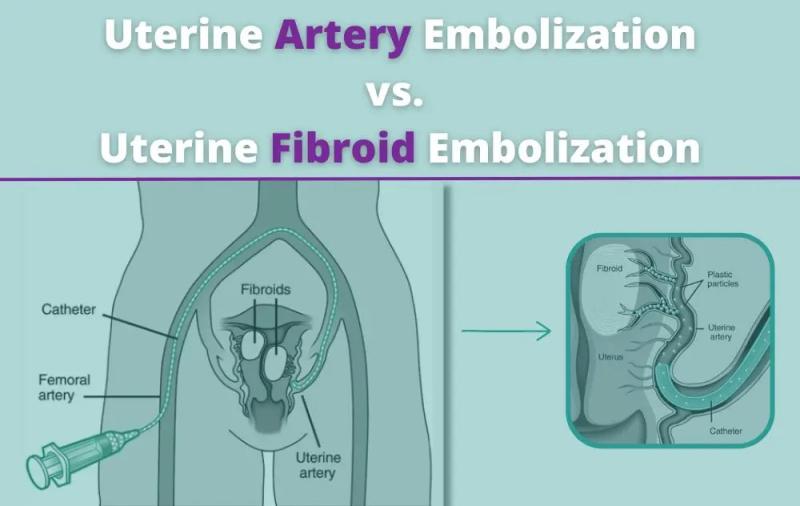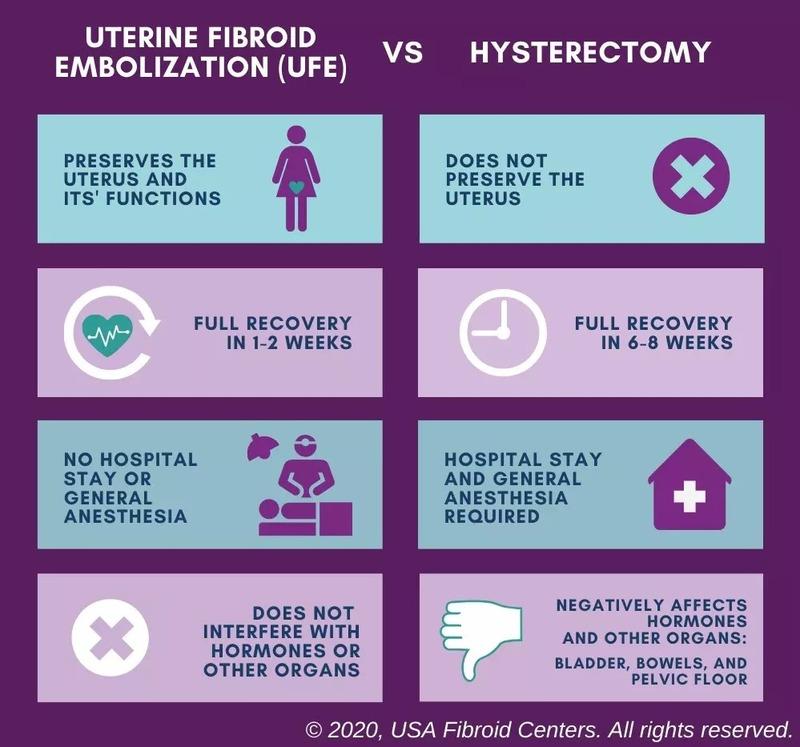Calcified Fibroids: A Guide to Symptoms and Treatments

Calcified fibroids are a type of uterine fibroid that have undergone a process of calcification, turning them into hardened masses. This happens when fibroids lose their blood supply, causing tissue to die and become calcified. While fibroids are generally non-cancerous, calcified fibroids can cause significant discomfort and affect a woman's quality of life. Understanding the symptoms, causes, and treatment options is essential for those dealing with this condition.
What are Calcified Fibroids?
Fibroids are benign growths that develop in or on the uterus, and they can vary in size and number. When these fibroids lose their blood supply and begin to die, calcium deposits may form on them, leading to calcification. These calcified fibroids are more rigid than typical fibroids, often resulting in different symptoms. They typically occur in women approaching menopause, as hormonal changes can cause fibroids to shrink, setting the stage for calcification.
Symptoms of Calcified Fibroids
The symptoms of calcified fibroids can vary depending on their size and location in the uterus. Some women may not experience symptoms at all, while others may face severe discomfort. Common symptoms include:
Pelvic Pain: The hardening of fibroids can cause persistent pain in the lower abdomen or pelvic area.
Heavy Menstrual Bleeding: While fibroids can already cause heavy periods, calcified fibroids may continue this pattern, even though they're typically more common in women nearing menopause.
Frequent Urination: Large calcified fibroids may press against the bladder, leading to frequent urination or difficulty emptying the bladder.
Constipation: Similarly, fibroids that press against the bowel can result in constipation or other gastrointestinal issues.
Abdominal Bloating: As calcified fibroids grow, they can cause noticeable swelling or bloating in the abdominal area.
Causes of Calcified Fibroids
The exact cause of fibroid calcification is not always clear, but several factors can contribute:
Hormonal Changes: As estrogen levels decline, especially during menopause, fibroids often shrink. As they shrink, some fibroids can lose their blood supply and begin to calcify.
Age: Women over 50 are more likely to experience calcified fibroids as their bodies undergo hormonal changes related to menopause.
Genetics: A family history of fibroids can increase the likelihood of developing calcified fibroids.
Diagnosis of Calcified Fibroids
Calcified fibroids are often diagnosed during routine pelvic exams or imaging tests, such as ultrasounds or MRIs. During these exams, doctors can identify the hard, calcified nature of the fibroids and determine their size and location. X-rays are also useful in identifying the calcium deposits in the fibroids, which makes them easier to detect compared to non-calcified fibroids.
Treatment Options for Calcified Fibroids
Treatment for calcified fibroids depends on the severity of symptoms and the size of the fibroids. Some common options include:
Watchful Waiting: If the calcified fibroids aren't causing significant symptoms, doctors may recommend monitoring them without immediate intervention. Fibroids typically stop growing or shrink as a woman reaches menopause.
Medication: Pain relievers can help manage discomfort, and hormonal treatments may be used to regulate menstrual bleeding or shrink fibroids.
Uterine Fibroid Embolization (UFE): UFE is a non-surgical procedure that blocks the blood supply to the fibroids, causing them to shrink. This treatment can be effective for calcified fibroids, as it stops them from causing further symptoms.
Myomectomy: This surgical procedure involves removing fibroids while leaving the uterus intact. Myomectomy may be recommended for women who wish to preserve their fertility.
Hysterectomy: In severe cases where fibroids cause significant symptoms and other treatments are ineffective, a hysterectomy (removal of the uterus) may be considered. This is the most definitive solution but eliminates the possibility of pregnancy.
Lifestyle and Management Tips
For women managing calcified fibroids, some lifestyle changes can help alleviate symptoms and improve overall health:
Exercise: Regular physical activity can help reduce pelvic pressure and discomfort caused by fibroids.
Diet: Eating a balanced diet rich in fruits, vegetables, and whole grains can improve overall health and may reduce the risk of fibroid growth.
Stress Management: Stress can exacerbate symptoms, so incorporating relaxation techniques such as yoga, meditation, or breathing exercises can be beneficial.
Weight Management: Maintaining a healthy weight can lower estrogen levels, reducing the likelihood of fibroid growth.
When to See a Doctor
While calcified fibroids are usually not life-threatening, it's important to consult a healthcare professional if you experience symptoms that interfere with daily life. Severe pain, heavy menstrual bleeding, or pressure in the pelvic area should be addressed by a doctor who can recommend appropriate treatment options.
The Impact of Calcified Fibroids on Fertility
For women of childbearing age, fibroids, including calcified ones, can sometimes affect fertility. If fibroids block the fallopian tubes or distort the uterine cavity, they may interfere with conception or pregnancy. However, most women with fibroids, including calcified fibroids, can still conceive and carry a pregnancy to term. It’s important to discuss fibroids and their potential impact on fertility with a healthcare provider if you’re planning to become pregnant.
Calcified fibroids are a unique type of fibroid that can develop as women age, particularly as they approach menopause. While they may not always cause symptoms, some women experience pain, heavy bleeding, or other discomforts. Thankfully, various treatment options are available, from conservative management to more advanced procedures like Uterine Fibroid Embolization. Staying informed about symptoms and treatment options is key to managing calcified fibroids effectively.
Visit- https://www.usafibroidcenters.com/uterine-fibroids/calcified-fibroid/





Comments